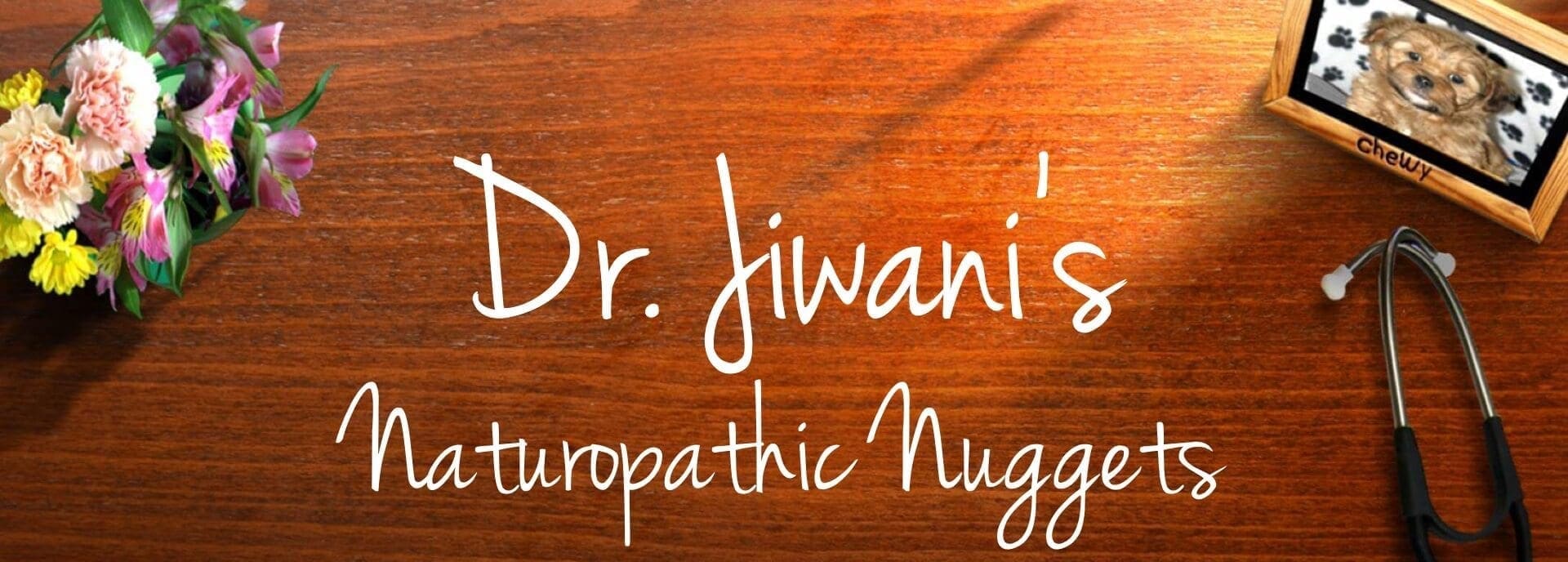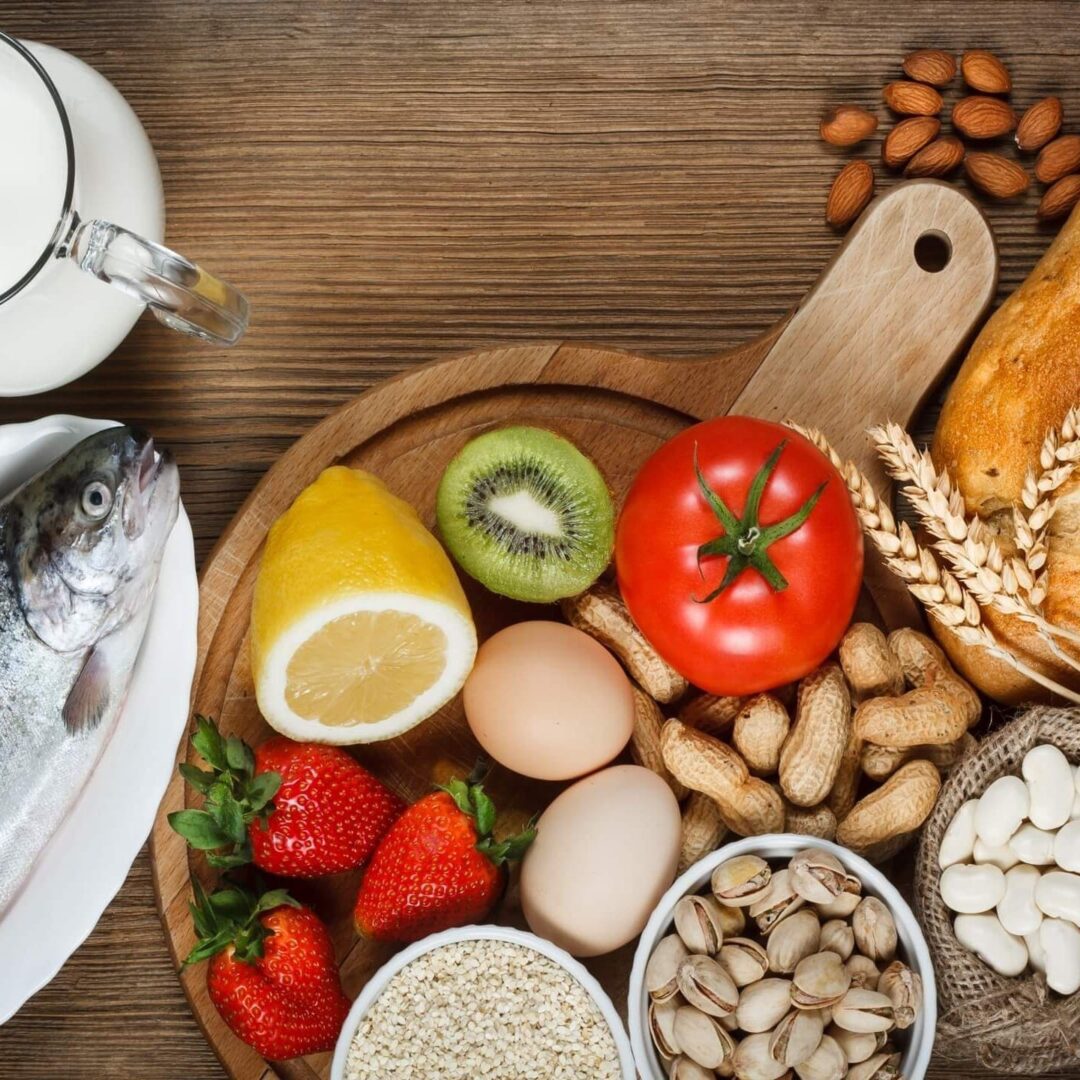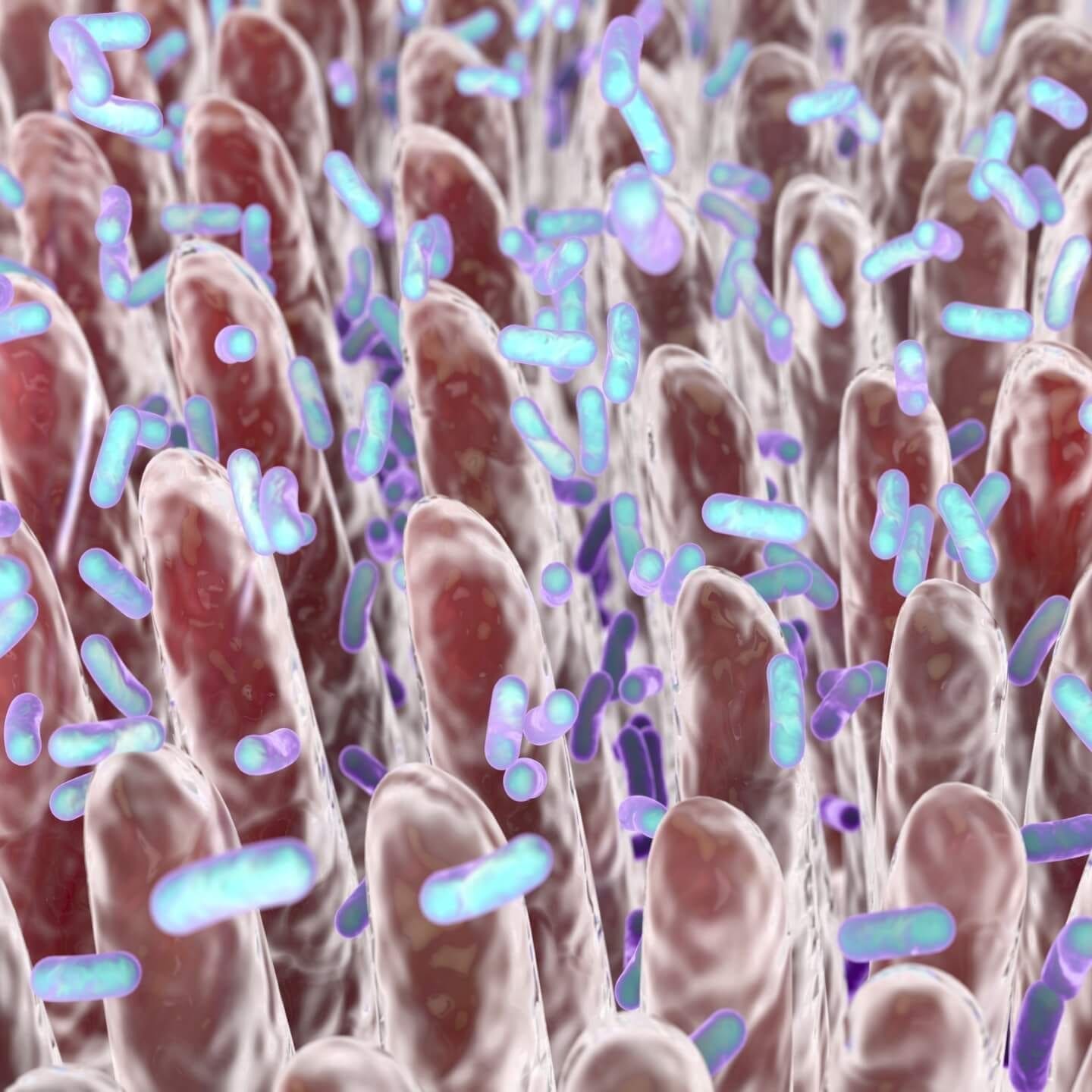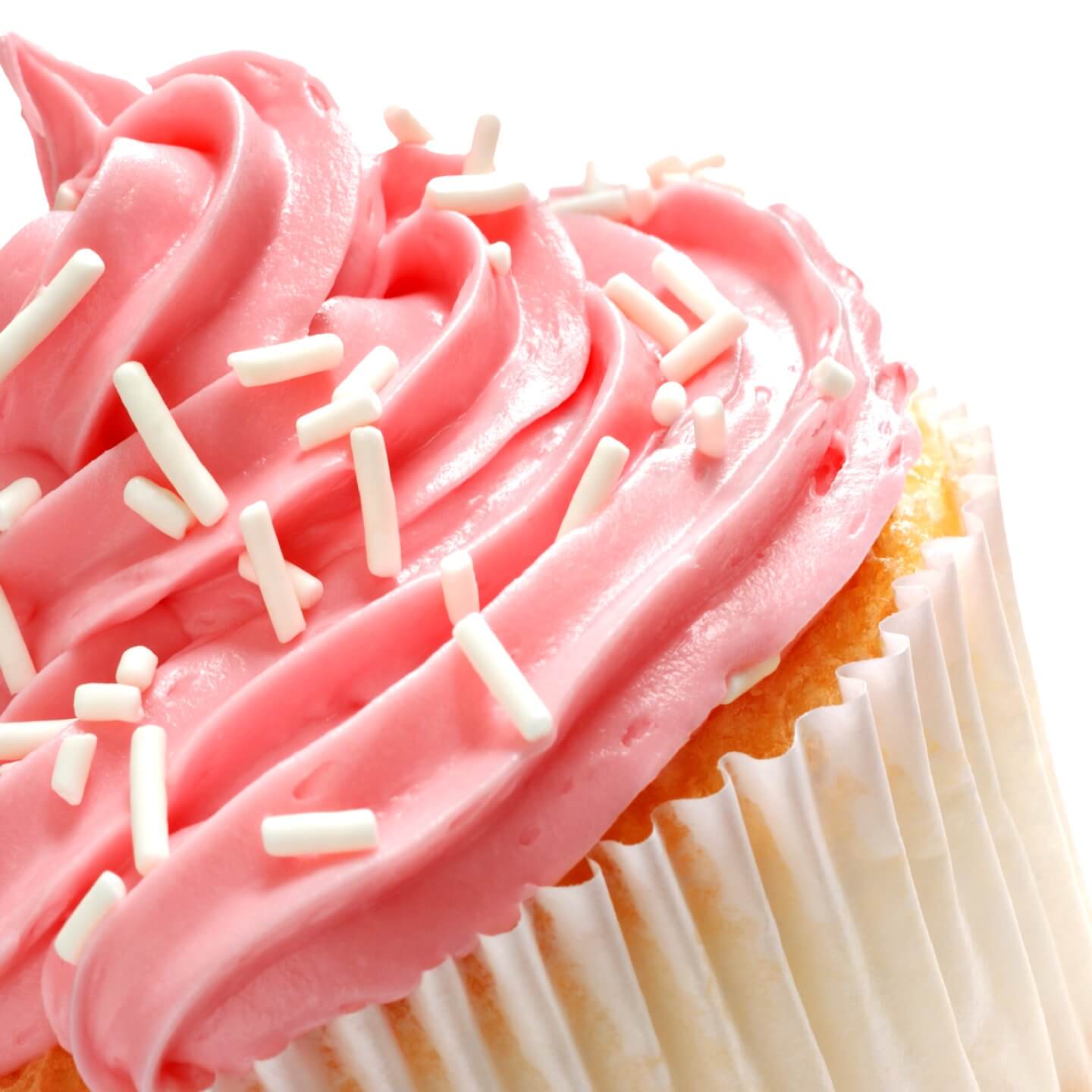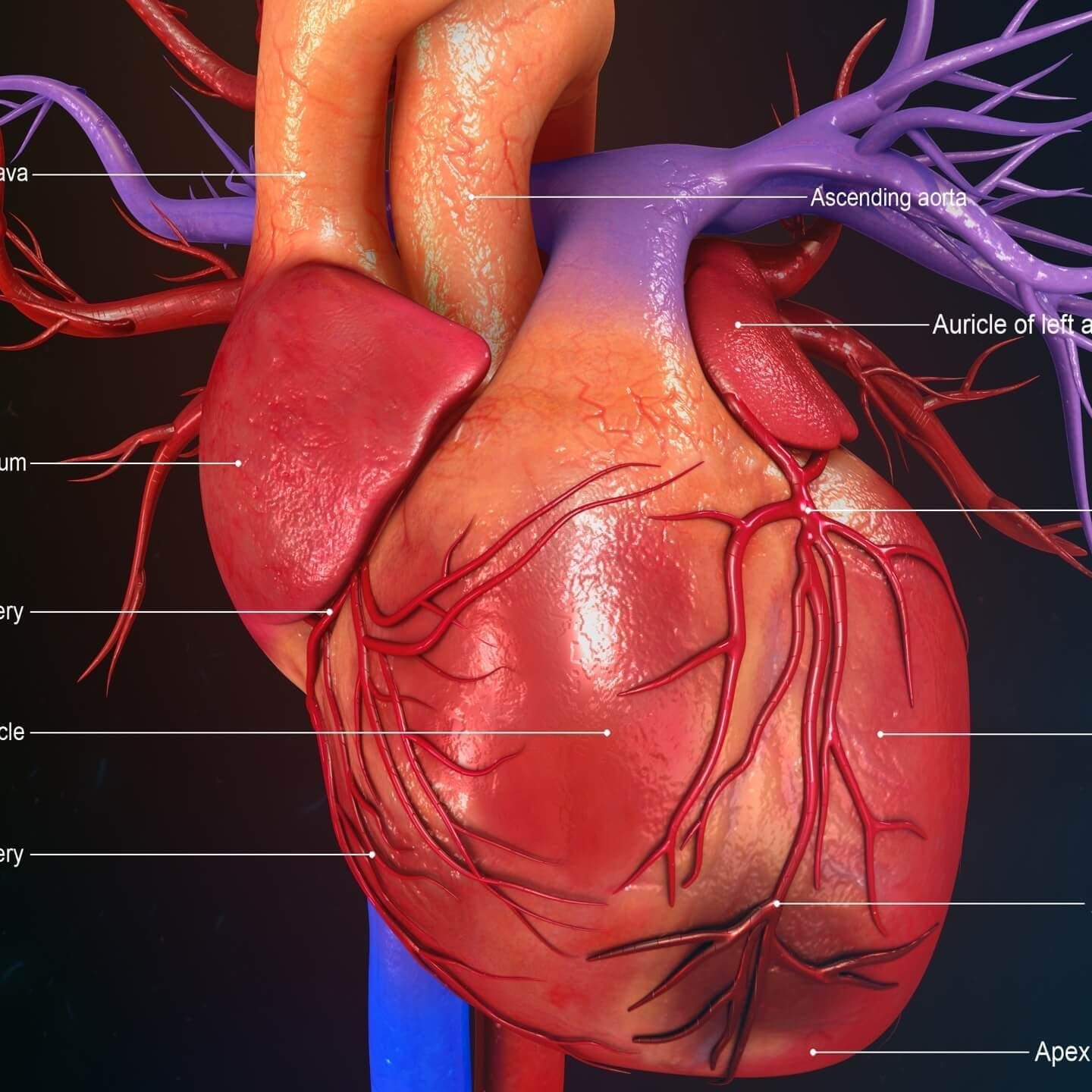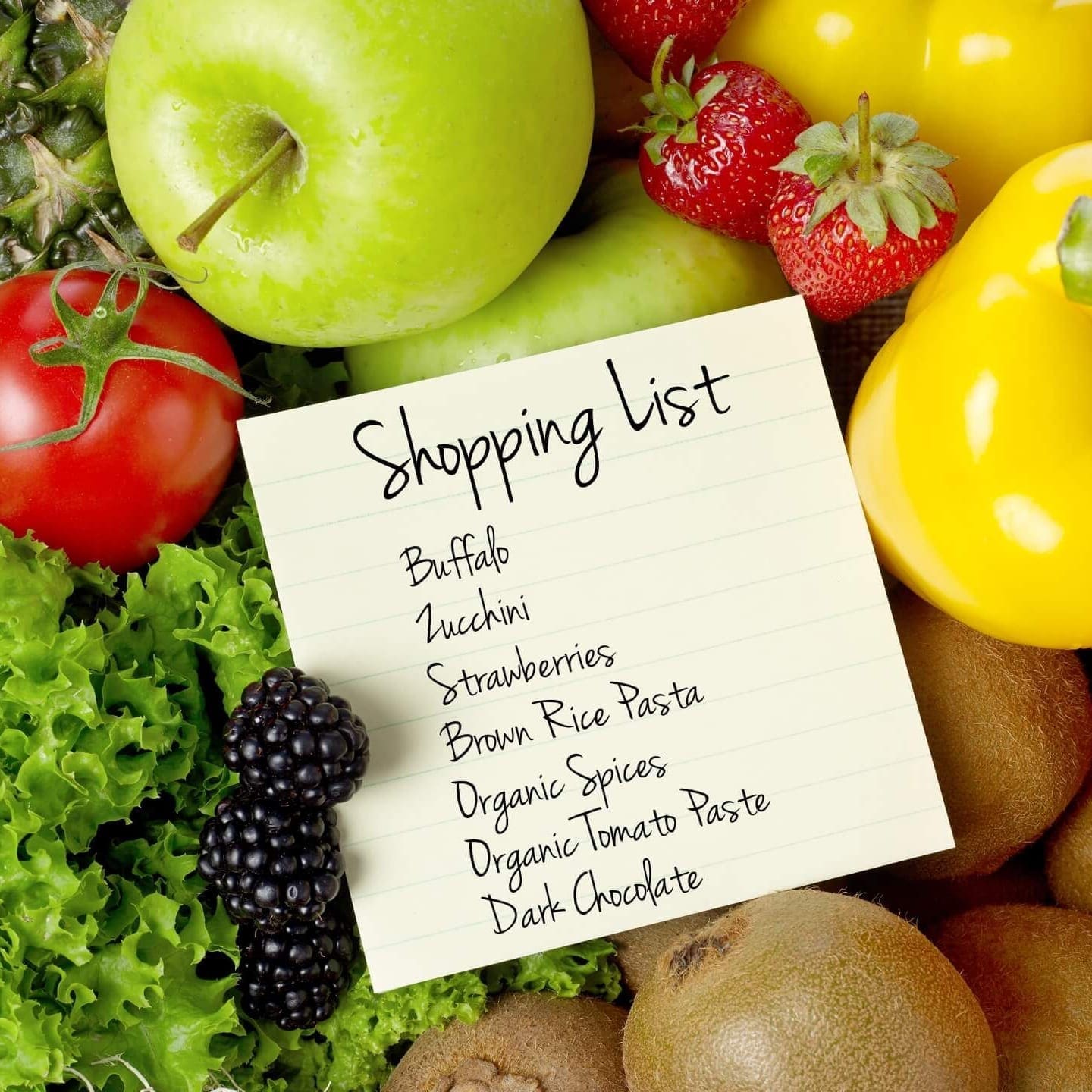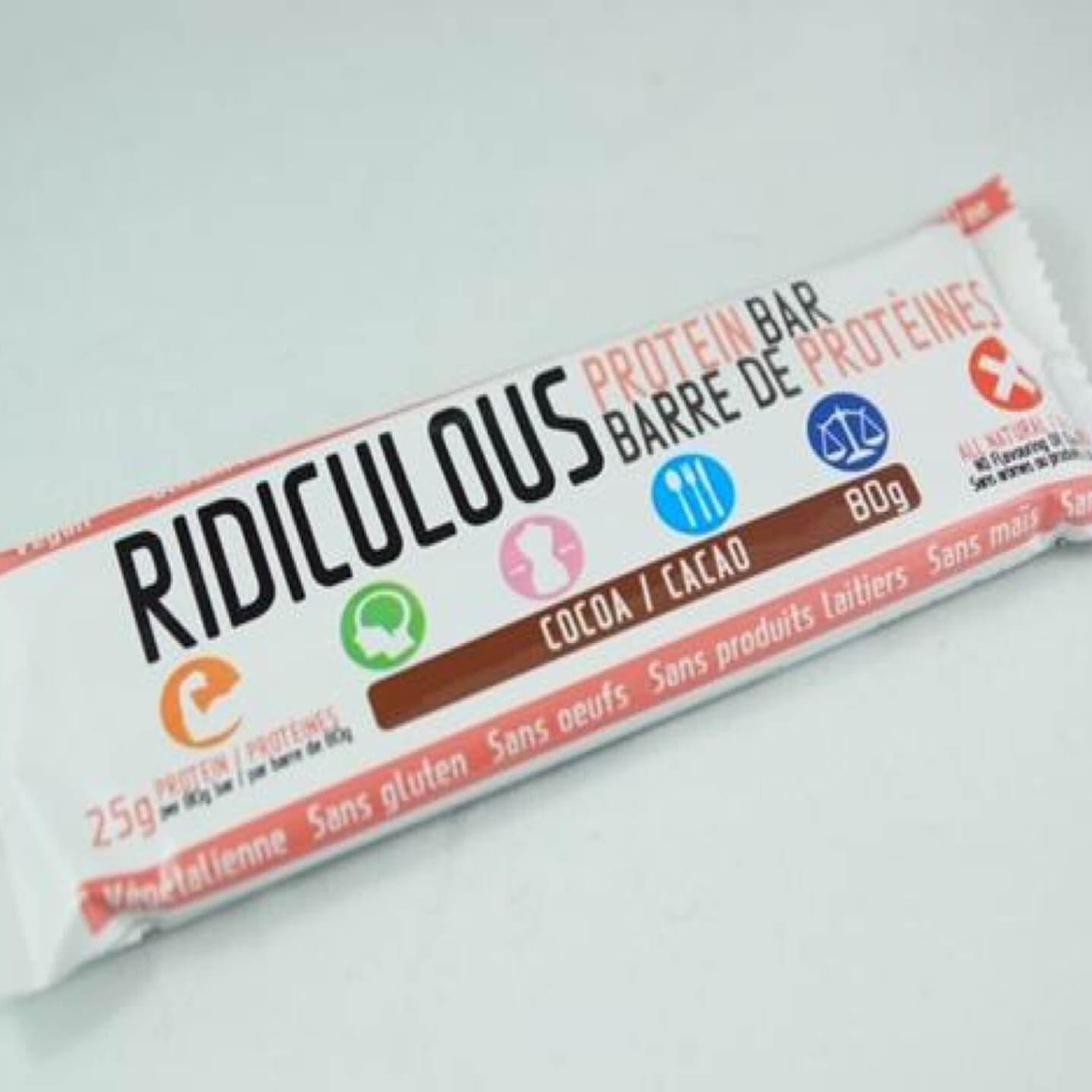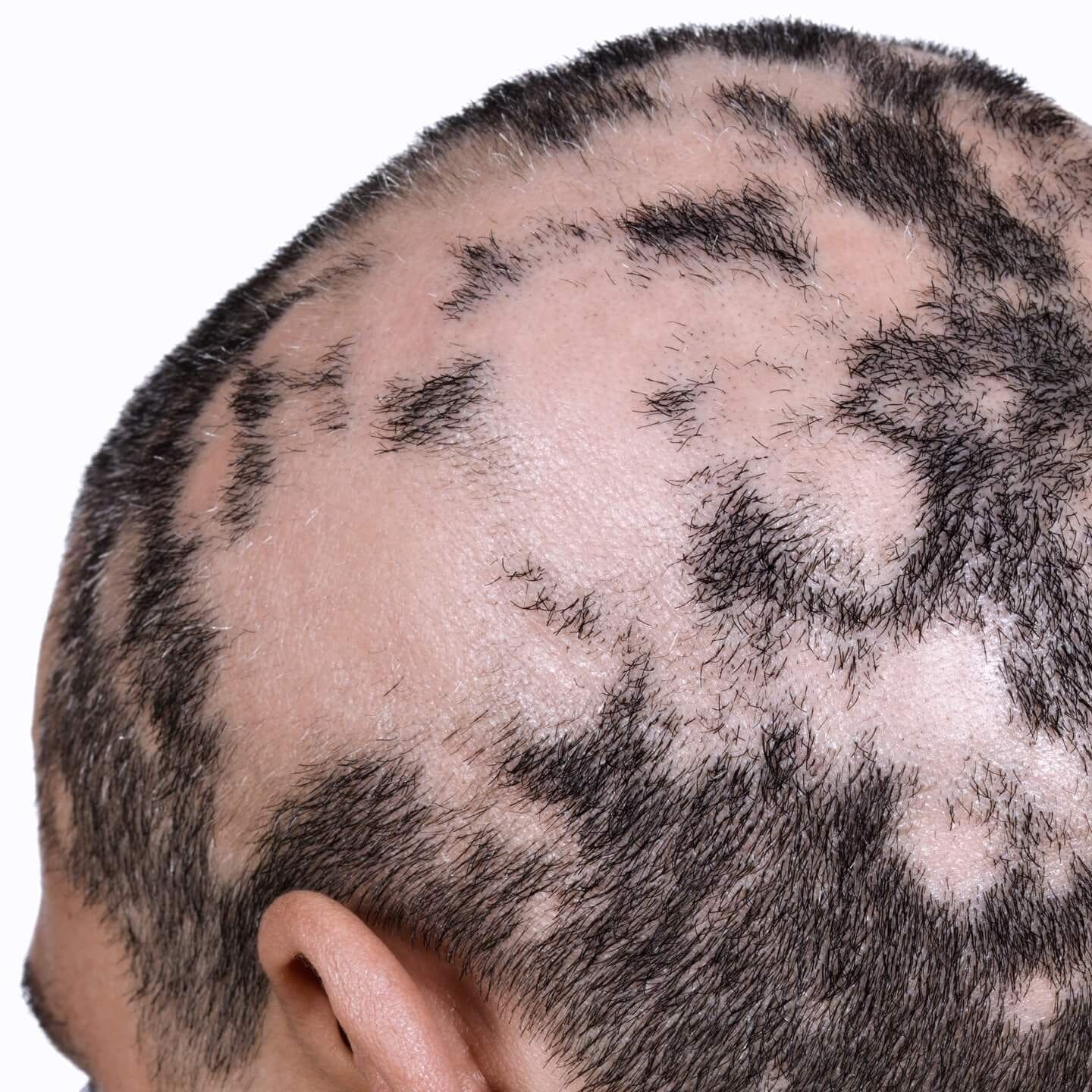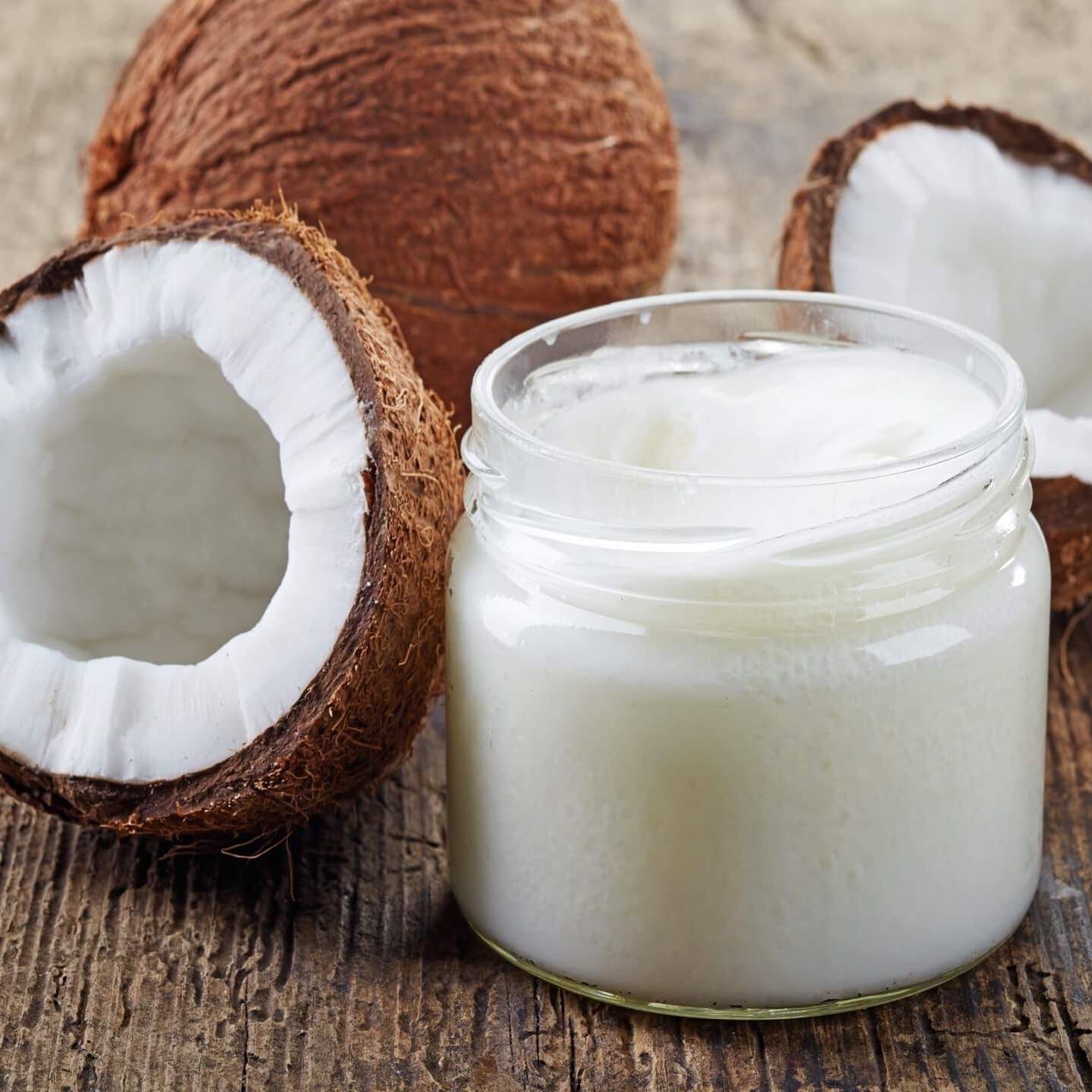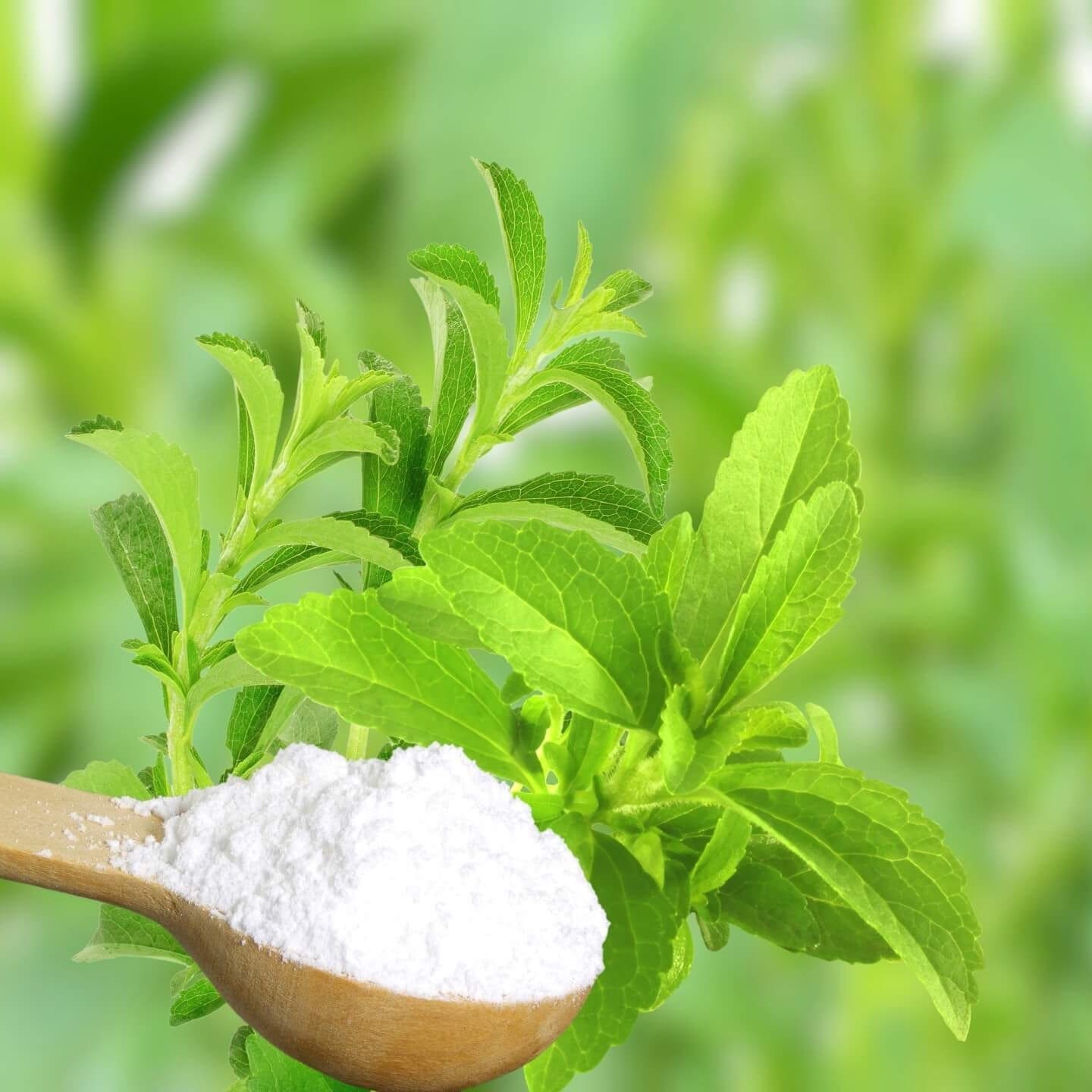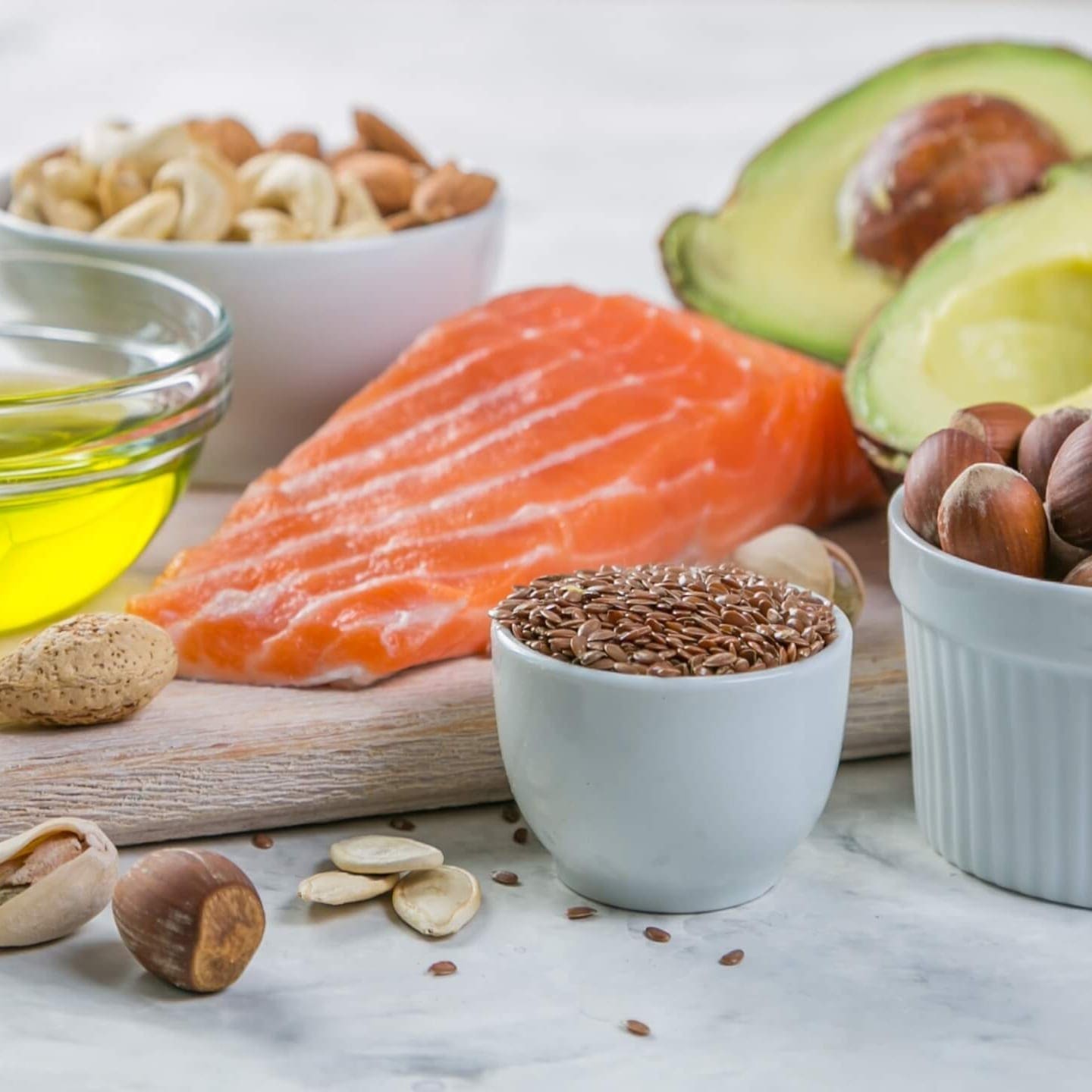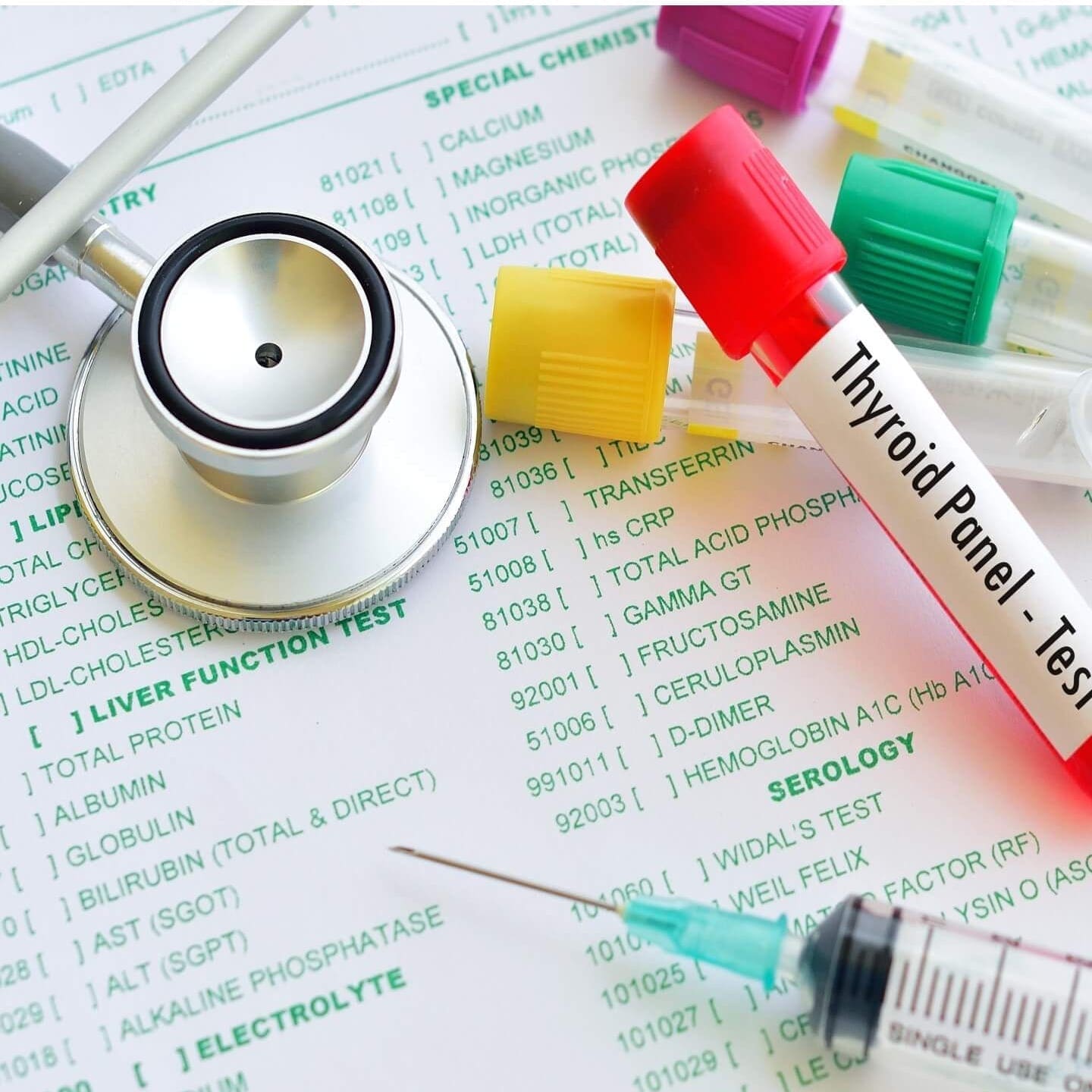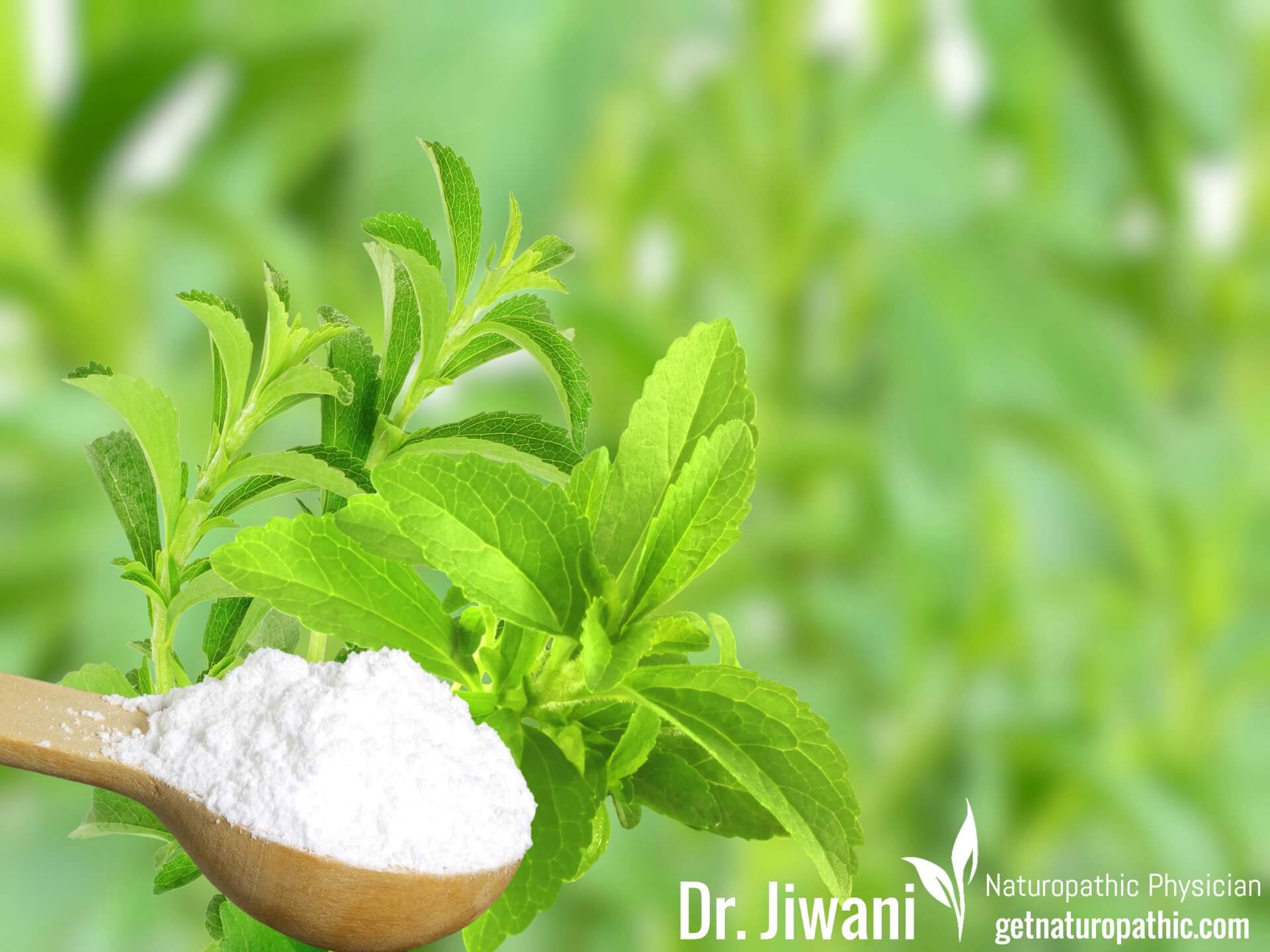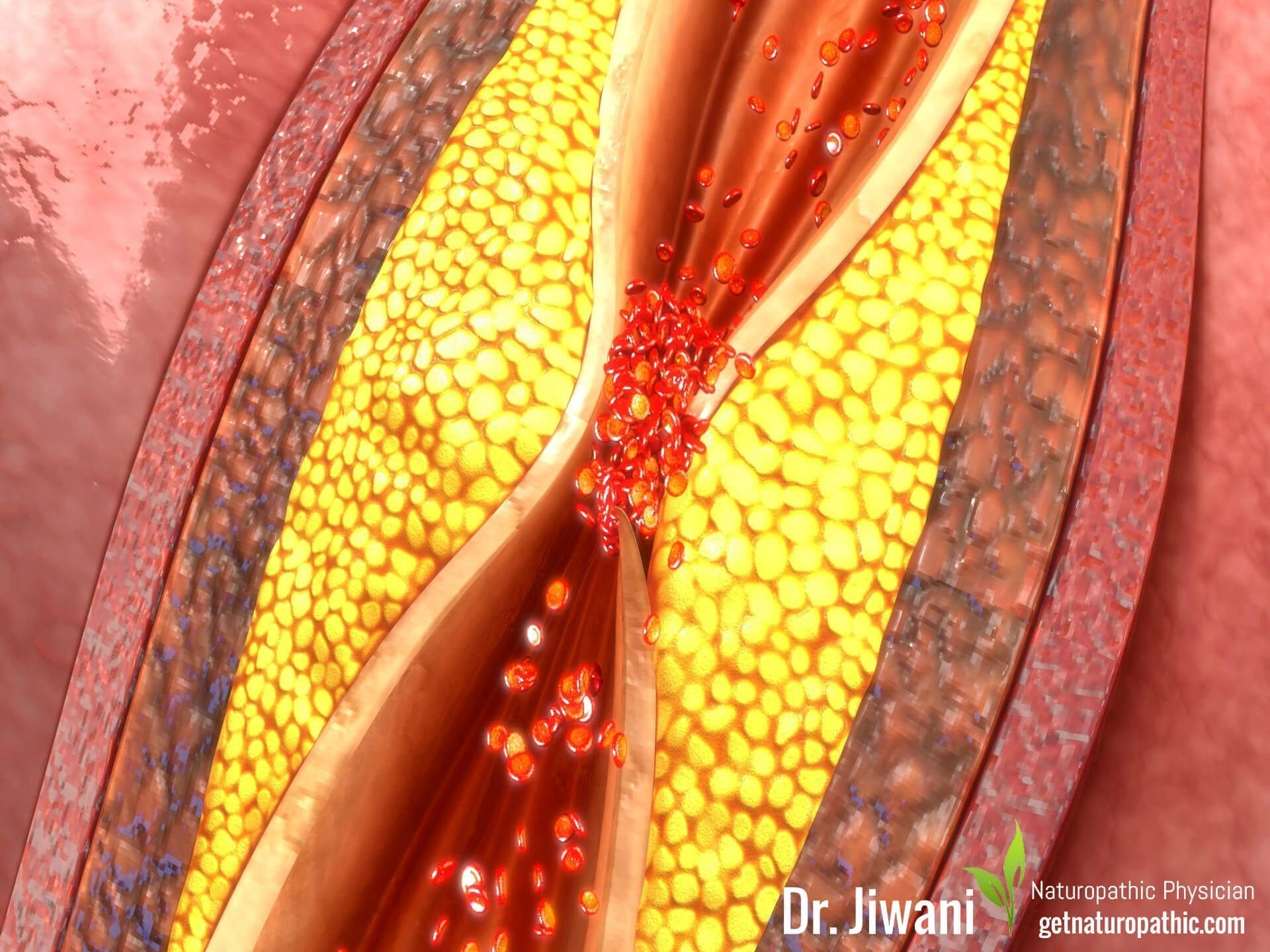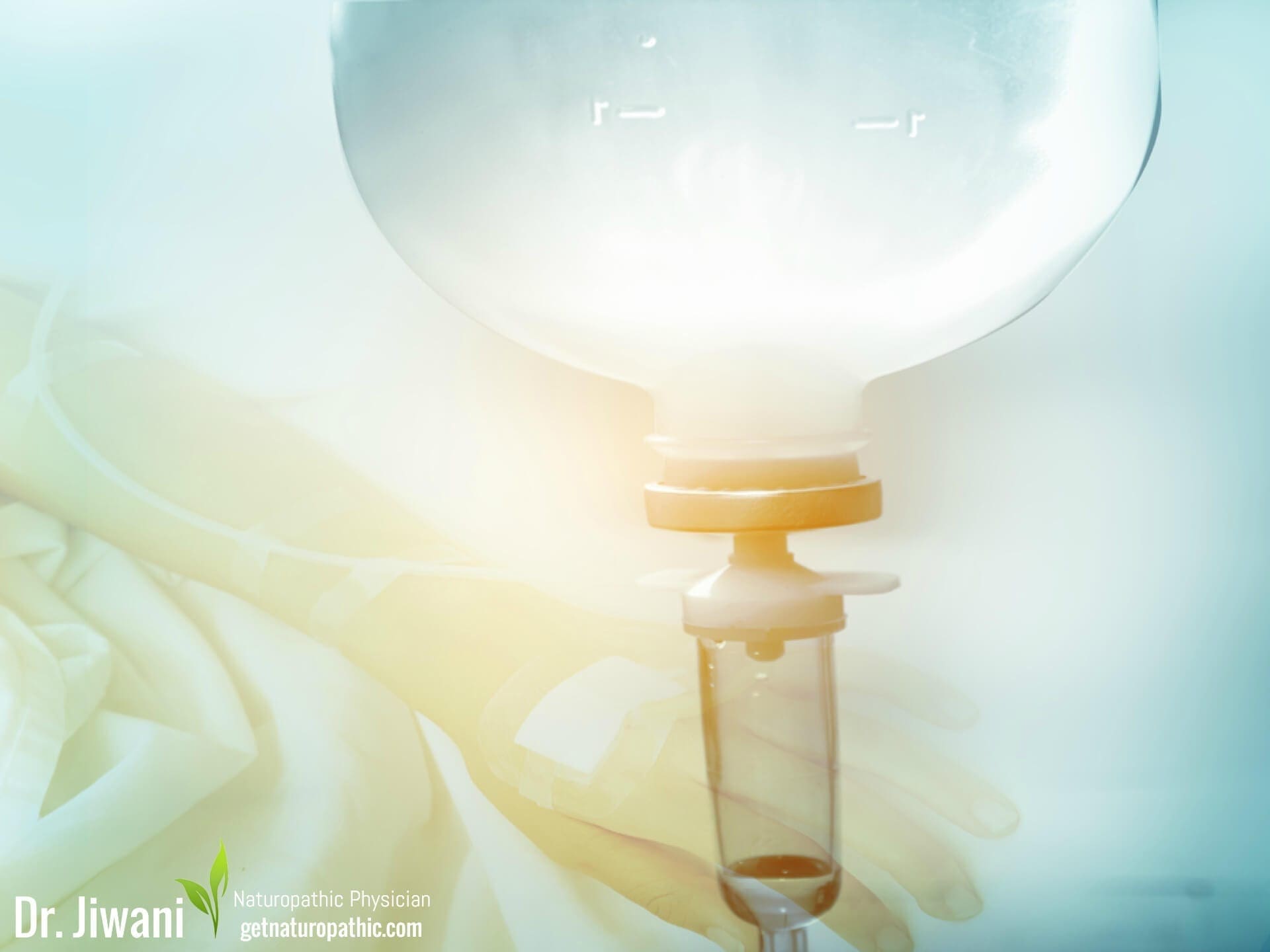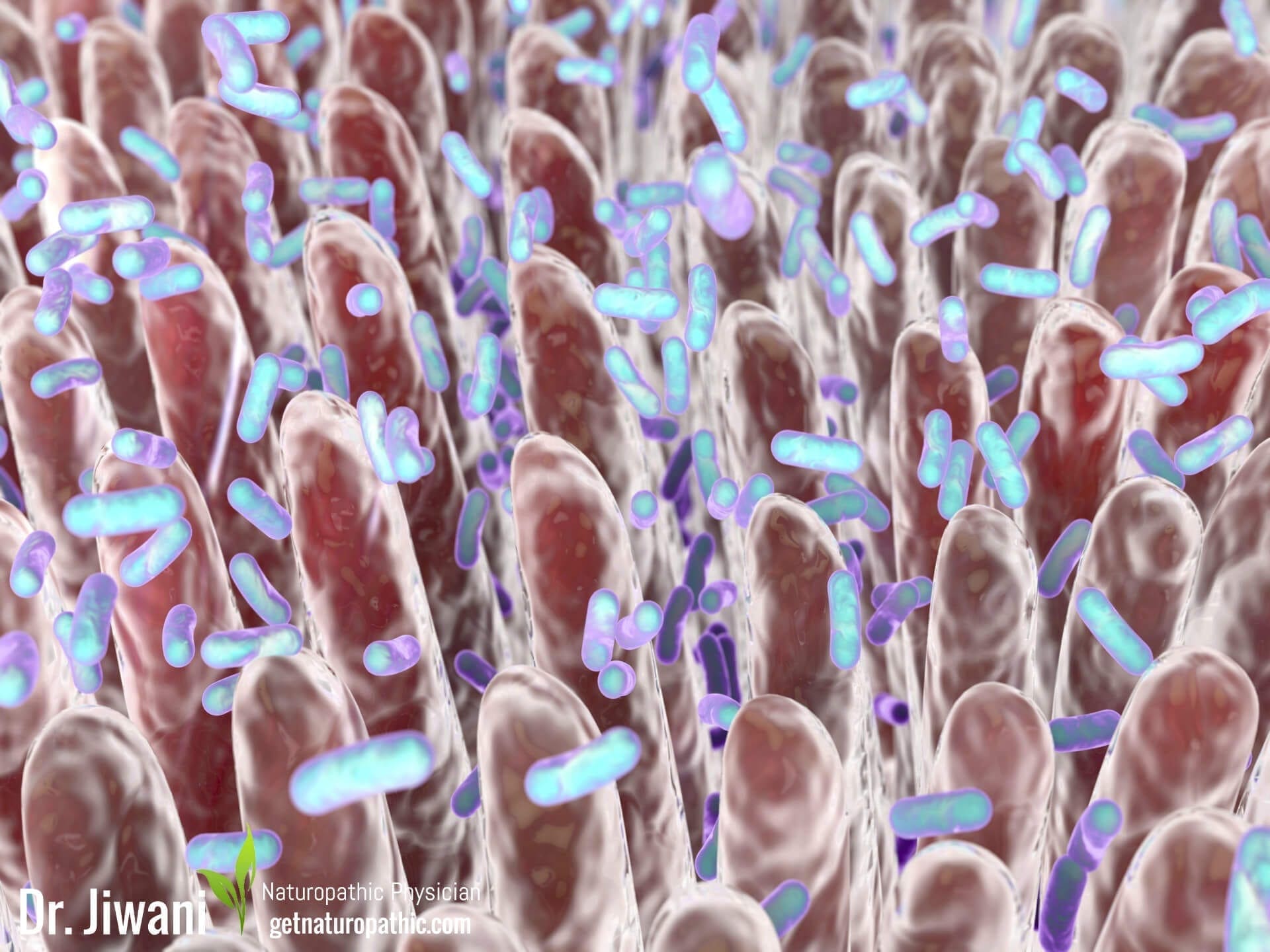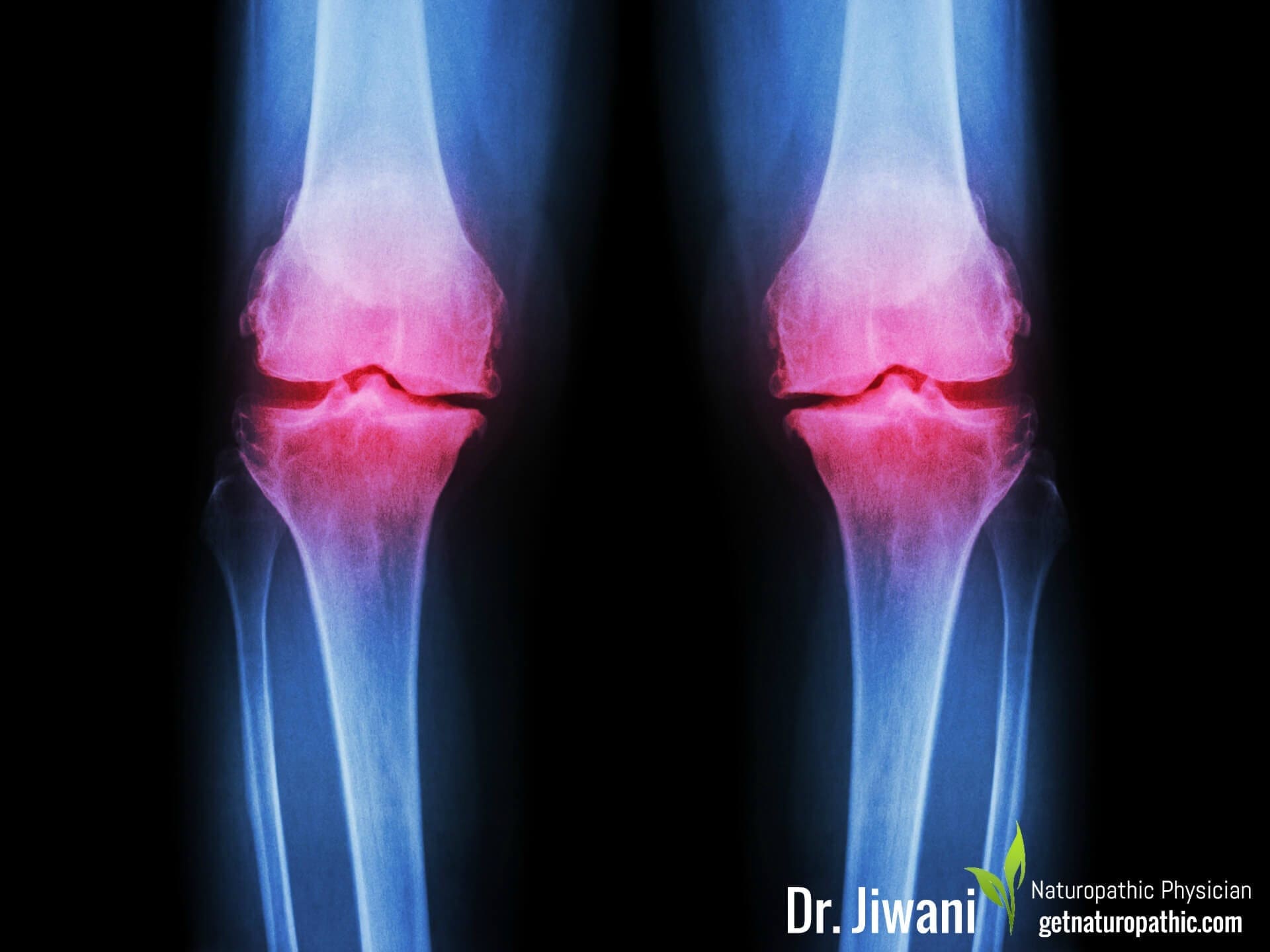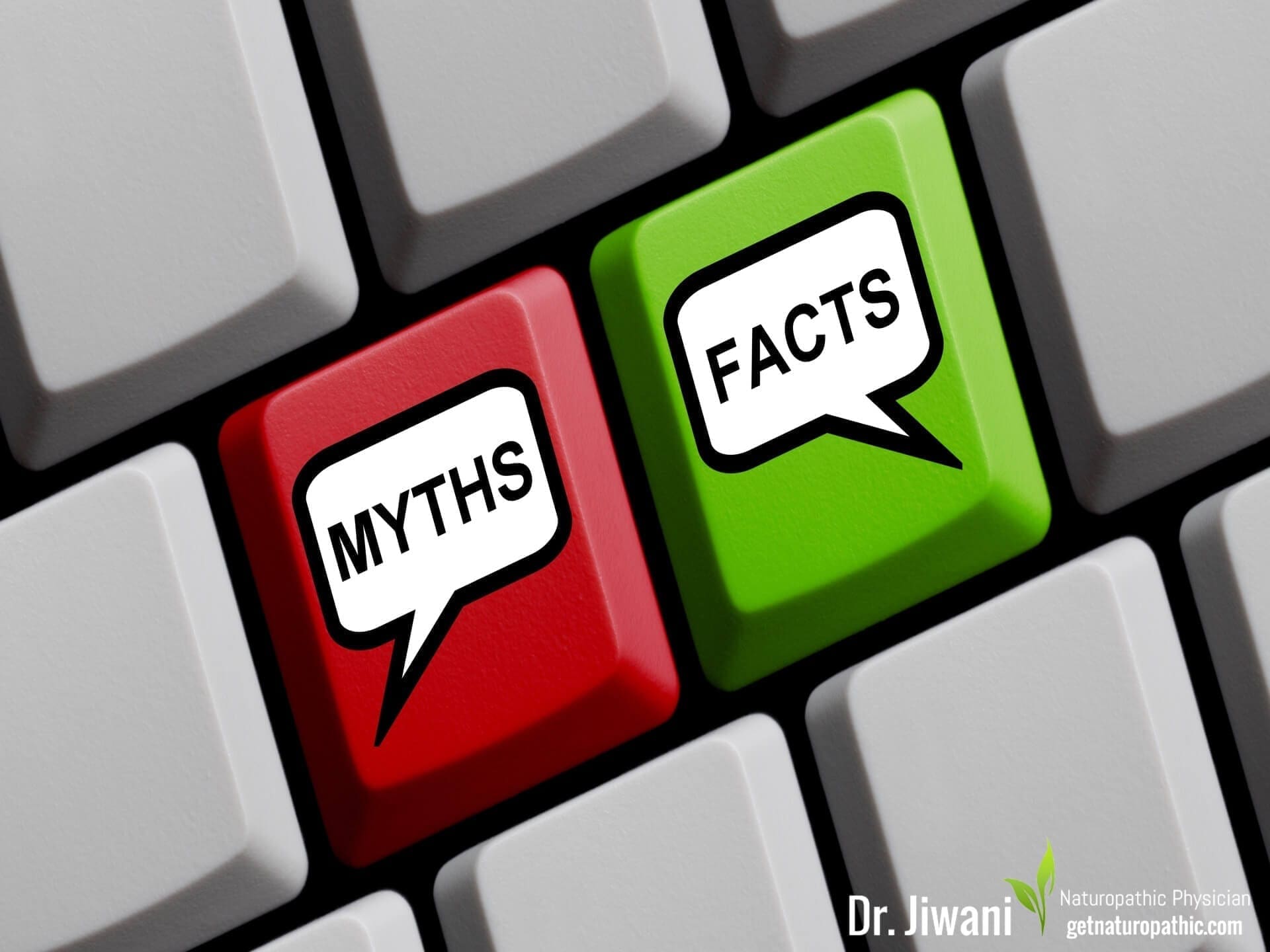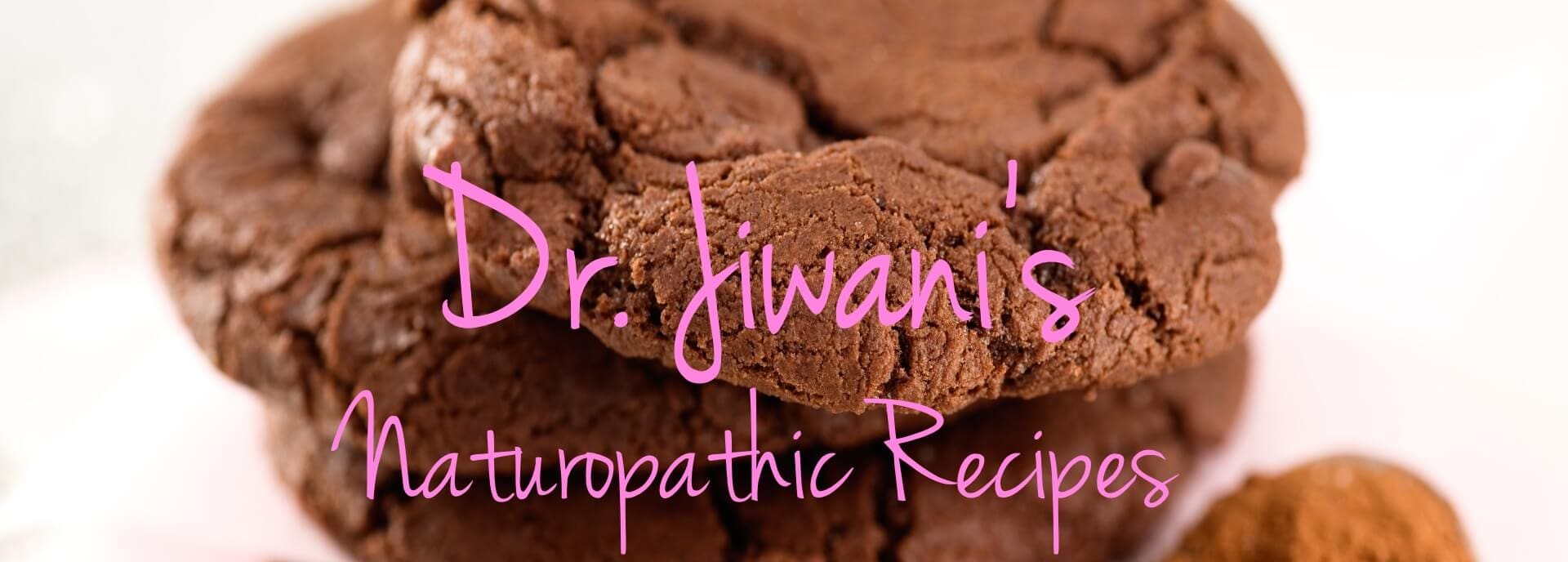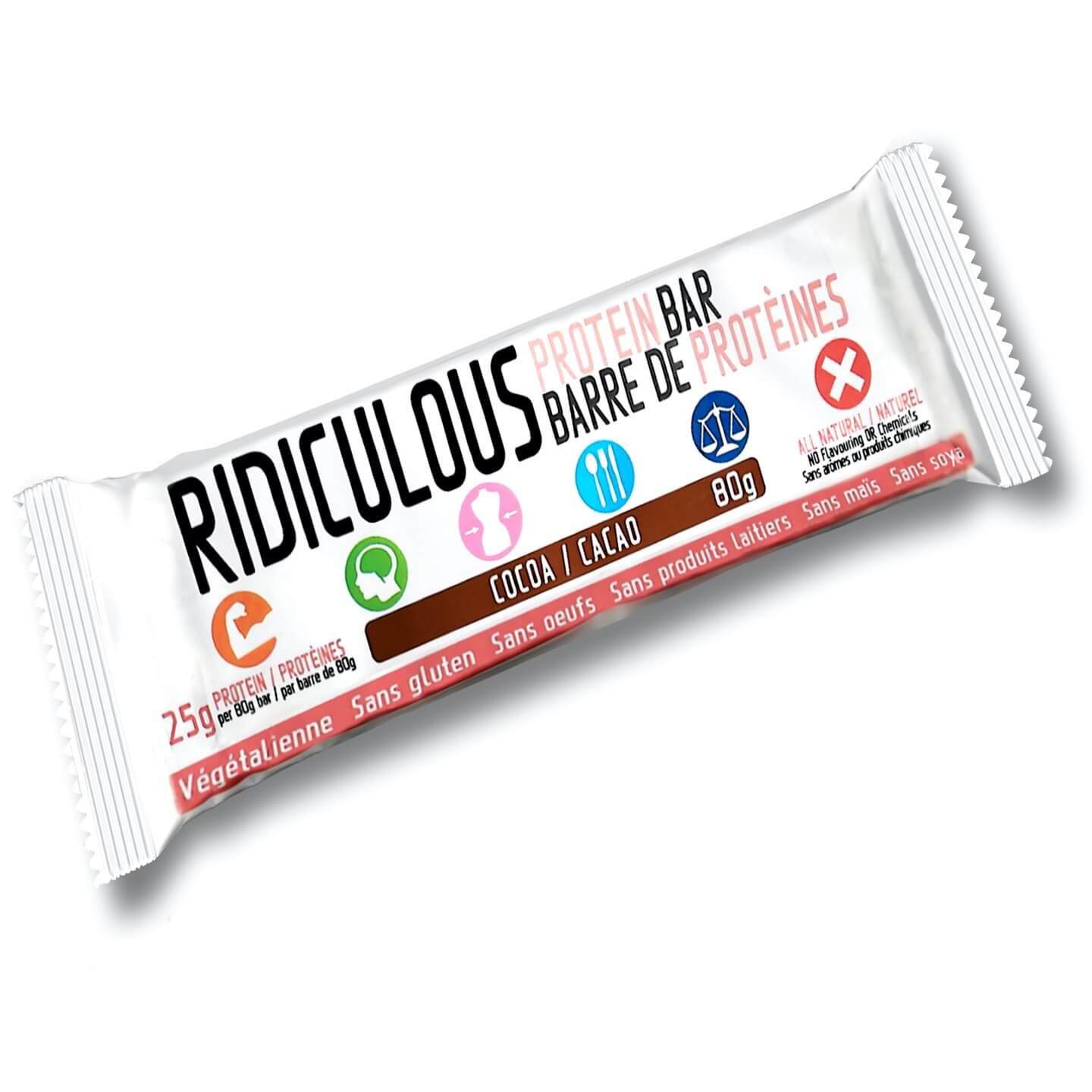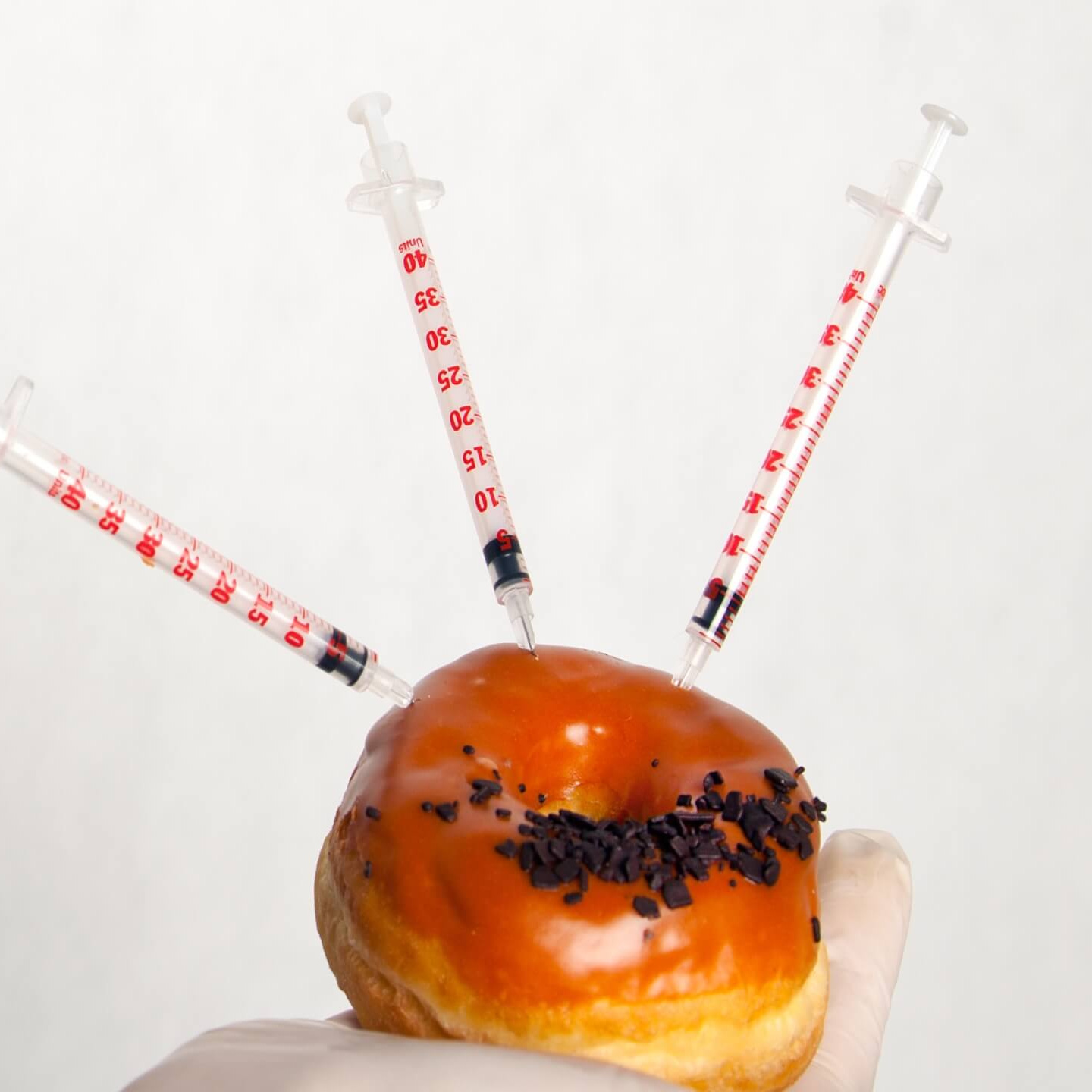Home »
Popular Posts
The Bitter & Sweet of Sugar Substitutes
The science of sugar substitutes came about with excess sugar consumption and its related health concerns and weight gain. Our exposure to sugar started innocently enough, with a smidge of it in our diets, when everything was wholesome and homegrown. That was the 1900s, when we consumed about five pounds a year. A hundred years later, our fast food society is consuming thirty times that amount per person, with 40% of that from a toxic, processed version, high fructose corn syrup (HFCS), that pervades our food supply.
A large part of sugar consumption is in soft drinks, with a movie sized soda containing 53 teaspoons of sugar. Many processed foods contain added sugar even when savoury, as manufacturers enhance the flavour of low fat foods with sugar. This added sugar accounts for 500 calories each day in our diets. Hidden sugars are found in over 9,000 foods including tonic water, crackers, breads, peanut butter, salad dressings, ketchup, mayonnaise, pasta sauce, hot dogs, hamburgers & their buns as well as french fries.
Sugar Toxicity
With the awareness of the dangers of sugar, the desire for health has brought us to this dilemma of sugar substitutes. Excess sugar has profound effects on the body such as:
- Adrenal Fatigue
- Aging & Dementia
- Belly Fat Journal Nutrition 2014
- Cancer BMC Biology 2014
- Diabetes
- Heart Disease & Failure JAMA Internal Medicine 2014
- Liver Toxicity, Fatty Liver
- Metabolic Syndrome
- Weight Gain (Obesity) Obesity Reviews 2013
Sugar Addiction
Fructose is worse than sugar (glucose) as it gets stored as fat (The Endocrine Society 2010), doesn’t energize the muscles & brain and ultimately creates sugar addiction. We want the sweet without the weight gain, which gives rise to artificial sweeteners. However, they work the same way, as the brain tastes the sweetness, but no glucose enters the brain for energy, so you want more & more. One study found that intense sweetness surpassed cocaine as a reward, highlighting this insidious addiction.
Artificial Sweeteners
There is little question as to the safety of artificial sweeteners, such as Saccharin, Aspartame, Acesulfame K, Neotame & Sucralose. They are unfortunately present in a vast number of foods, wherever sugar is substituted.
Aspartame is an unregulated, unsafe drug, originally used to treat peptic ulcers. It is a combination of three substances: the amino acid, phenylalanine, aspartic acid and methanol (wood alcohol). Phenylalanine decreases serotonin levels, which can cause carbohydrate cravings, PMS symptoms, insomnia and mood swings. The breakdown of methanol in the body forms highly toxic formaldehyde, which may cause permanent DNA damage.
Aspartame may been associated with brain cancer, uterine polyps and increased blood cholesterol in animals. The Food and Drug Administration (FDA) had aspartame registering 80-85% of all food complaints. Symptoms may include migraine headaches, seizures and convulsions, chronic fatigue, severe anxiety attacks, depression, memory loss, vision problems, menstrual difficulties, blood sugar irregularities, MS-like symptoms, Parkinson’s tremors and worsening of fibromyalgia.
The Center for Science in the Public Interest (CSPI), based in Washington, DC, has listed Aspartame as the third worst food additive. Although Sucralose & Acesulfame K are newer available sugar substitutes, they seem worse. Research has tested these additives for Cancer and Autism.
Hidden Potential Poisons
These potentially dangerous artificial sweeteners may be hidden in many commonly consumed items including:
- Alcoholic Drinks
- Candies
- Cereals
- Chewing Gum / Nicotine Gum
- Children’s Chewable Multivitamins
- Cough Syrup, Lozenges, Liquid Medicines
- Deli Meats
- Diet or Light Sodas/Juices
- Flavoured Water
- Snack Foods
- Toothpaste & Mouthwash
- Yogurt
Natural Sugar Substitutes
With the potential dangers of artificial sweeteners, natural sugar substitutes are a healthy alternative. They are less processed, easier to digest and more nutritious compared to refined sugar. However, most of them still contain carbohydrates. It is important to limit their use, as any amount of excess carbs may lead to weight gain & health concerns. When considering natural sugar substitutes, you should review not only the glycemic index, but also their fructose levels & the total amount of carbohydrates they contain. Fructose levels are critical to mind as fructose translates into fat storage & sugar addiction, while glycemic index relates to the amount of blood sugar spike. If you have food allergies, please avoid any natural sugar substitute that you are allergic to.
Natural sugar substitutes include Agave Nectar, Brown Rice Syrup, Coconut Sugar, Dates, Erythritol, Raw Honey, Maple Syrup, Molasses, Stevia, Xylitol and Yacon Syrup. The table below outlines the differing values to examine for each natural sweetener and their corresponding issues.
Carbs Make You Fat
It is important to note that there is no good carb or bad carb. When you eat sugar or carbohydrates in any form, whether fruit, grains, starchy vegetables, natural sugar substitutes or junk food, it will affect your blood sugar. Excess amounts will be stored as fat and those with insulin resistance & diabetes are even more at risk. Even low fat, low calorie foods still contain high amounts of sugars and carbohydrates, which promotes fat formation in the body, as they skyrocket blood sugar. The notorious rice cake, a dieter’s delight of puffed air, actually spikes blood sugar the most as it has the highest glycemic index. Any natural or diet food with sugar, including fructose (fruit sugar), causes fat storage when the excess blood sugar is not used for energy by the body.
Even Fruit Can Make You Fat
Fruit has always carried the halo of health. However, in a society drowning in fructose overconsumption, the fructose content of fruit is now suspect. Research has shown the damage to your system caused by excessive fructose can lead to:
- Digestive Distress
- Increased Appetite
- Increased Cholesterol & Fats
- Increased Uric Acid
- Liver Toxicity & Fatty Liver Disease
- Memory Loss, Brain Cell Damage
- Metabolic Syndrome
- Mineral Depletion
- Obesity (Weight Gain)
- Promotes Chronic Disease Inflammation & Oxidation
Low Carb, Long Life
One key to a longer, healthier life is to overcome your sugar addiction by balancing your blood sugar, and lowering carbohydrates overall. The use of low carb sweeteners such as stevia, xylitol & erythritol can help you achieve this, when used to accent a healthy diet. Sometimes you need a sweet treat, so check out my healthy, low carb, hypoallergenic recipes that can help you stay on track to your healthiest self. Consultation with a licensed physician is highly recommended, prior to starting a natural treatment plan.
|
Natural Sugar Substitute |
Glycemic Index |
Fructose Levels |
Net Carbs per 1 tbsp |
Issues |
|
Agave Nectar |
15 |
75% |
15g |
SUGAR SPIKE; Highest Fructose Levels; AVOID with YEAST Candida, DIABETES, WEIGHT GAIN |
|
Brown Rice Syrup |
98 |
0% |
14g |
SUGAR SPIKE; Highest Glycemic Index; AVOID with YEAST Candida, DIABETES, WEIGHT GAIN |
|
Coconut Sugar |
35 |
40% |
15g |
1/3 SUGAR SPIKE; Use Sparingly, Watch Total Amount Used (Carbs); Iron, Zinc, Calcium, Potassium, Antioxidants; BAKING 1:1 Ratio Substitution for Sugar |
|
Dates |
35 |
50% |
16g |
SUGAR SPIKE; AVOID with YEAST Candida, DIABETES, WEIGHT GAIN |
|
Erythritol |
1 |
0% |
0g |
CORN DERIVED No Carbs, No Sugar Spike; BAKING 1:1 Ratio Substitution for Sugar |
|
Raw Honey |
50 |
40% |
16g |
SUGAR SPIKE; Health & Nutritional Benefits but NOT SUGAR-FREE; DO NOT COOK; AVOID with YEAST Candida, DIABETES, WEIGHT GAIN |
|
Maple Syrup |
54 |
40% |
13g |
SUGAR SPIKE; AVOID with YEAST Candida, DIABETES, WEIGHT GAIN; BAKING 1:1 Ratio Substitution for Sugar |
|
Molasses |
55 |
50% |
12g |
SUGAR SPIKE; AVOID with YEAST Candida, DIABETES, WEIGHT GAIN |
|
Stevia |
0 |
0% |
0g |
Plant 300X Sweeter than Sugar; Organic Raw Green Powder Best; USE Tiny Amounts; BAKING: Add 1-2 tbsp Coconut Flour for bulk |
|
Sugar |
65 |
50% |
15g |
SUGAR SPIKE; AVOID with YEAST Candida, DIABETES, WEIGHT GAIN |
|
Xylitol |
12 |
0% |
0g |
BIRCH TREE DERIVED Sugar Alcohol No Carbs, No Sugar Spike; BAKING 1:1 Ratio Substitution for Sugar; TOXIC for DOGS |
|
Yacon Syrup |
1 |
25% |
12g |
AVOID with YEAST Candida, DIABETES, WEIGHT GAIN |
Related The Ketogenic Diet for Newbies: The Why, When & How of this Low Carb Fat Burning Regime
References
Bray GA. Potential health risks from beverages containing fructose found in sugar or high-fructose corn syrup. Diabetes Care. 2013 Jan 1;36(1):11-2.
Hu FB. Resolved: there is sufficient scientific evidence that decreasing sugar‐sweetened beverage consumption will reduce the prevalence of obesity and obesity‐related diseases. Obesity reviews. 2013 Aug 1;14(8):606-19.
Kalkbrenner AE, Schmidt RJ, Penlesky AC. Environmental chemical exposures and autism spectrum disorders: a review of the epidemiological evidence. Current problems in pediatric and adolescent health care. 2014 Nov 30;44(10):277-318.
Lenoir M, Serre F, Cantin L, Ahmed SH. Intense sweetness surpasses cocaine reward. PloS one. 2007 Aug 1;2(8):e698.
Ma J, Sloan M, Fox CS, Hoffmann U, Smith CE, Saltzman E, Rogers GT, Jacques PF, McKeown NM. Sugar-sweetened beverage consumption is associated with abdominal fat partitioning in healthy adults. The Journal of nutrition. 2014 Aug 1;144(8):1283-90.
Schiffman SS, Rother KI. Sucralose, a synthetic organochlorine sweetener: overview of biological issues. Journal of Toxicology and Environmental Health, Part B. 2013 Oct 3;16(7):399-451.
The Endocrine Society. “Fructose sugar makes maturing human fat cells fatter, less insulin-sensitive, study finds.” ScienceDaily. ScienceDaily, 21 June 2010. <www.sciencedaily.com/releases/2010/06/100621091203.htm>.
Yang Q, Zhang Z, Gregg EW, Flanders WD, Merritt R, Hu FB. Added sugar intake and cardiovascular diseases mortality among US adults. JAMA internal medicine. 2014 Apr 1;174(4):516-24.
Ketogenic Diet Myths
This information is for educational purposes only and does not advocate self-diagnosis. Due to individual variability, consultation with a licensed health professional, such as a licensed naturopathic physician is highly recommended, prior to starting a natural treatment plan. For further information, see Terms of our Website.
Follow Dr. Jiwani
Popular Posts

